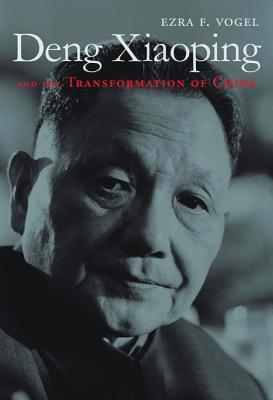More on this book
Community
Kindle Notes & Highlights
“Practice Is the Sole Criterion for Judging Truth,”
“Pay According to the Work Performed” (anlao fenpei)
In Japan, the historical turning point that set the nation on the road to modernization was the Iwakura Mission.
Deng explained that the solution lay not in tightening border security with more fencing and more border patrols but in improving the economy of Guangdong so young people would not feel that they had to flee to Hong Kong to find jobs.
At that time most Chinese factories and many other facilities were clothed in secrecy, and were not even open to ordinary Chinese, so the Chinese were shocked at the willingness of the Europeans to open for inspection factories, offices, shops, and virtually any other facility they asked to see.12
“In a little over one month of inspection, our eyes were opened. . . . Everything we saw and heard startled every one of us. We were enormously stimulated. . . . We thought capitalist countries were backward and decadent. When we left our country and took a look, we realized things were completely different.”
The group was surprised as well by how the European countries gave local governments the freedom to handle their own finances, to collect their own taxes, and to make decisions about their own affairs.
Knowing his colleagues' suspicions of capitalists, Gu Mu explained that the Europeans were eager to invest because their factories were operating below capacity and they hoped to sell China their goods and technologies.
Participants were told not to focus on errors of the past, but to think of what the country should do in the future.
When told of the decision to borrow US$18 billion worth of technology and goods, Deng casually said, “Why not US$80 billion?”
the errors of the Great Leap Forward and the Cultural Revolution had been caused by the excessive concentration of power in the hands of one person.


